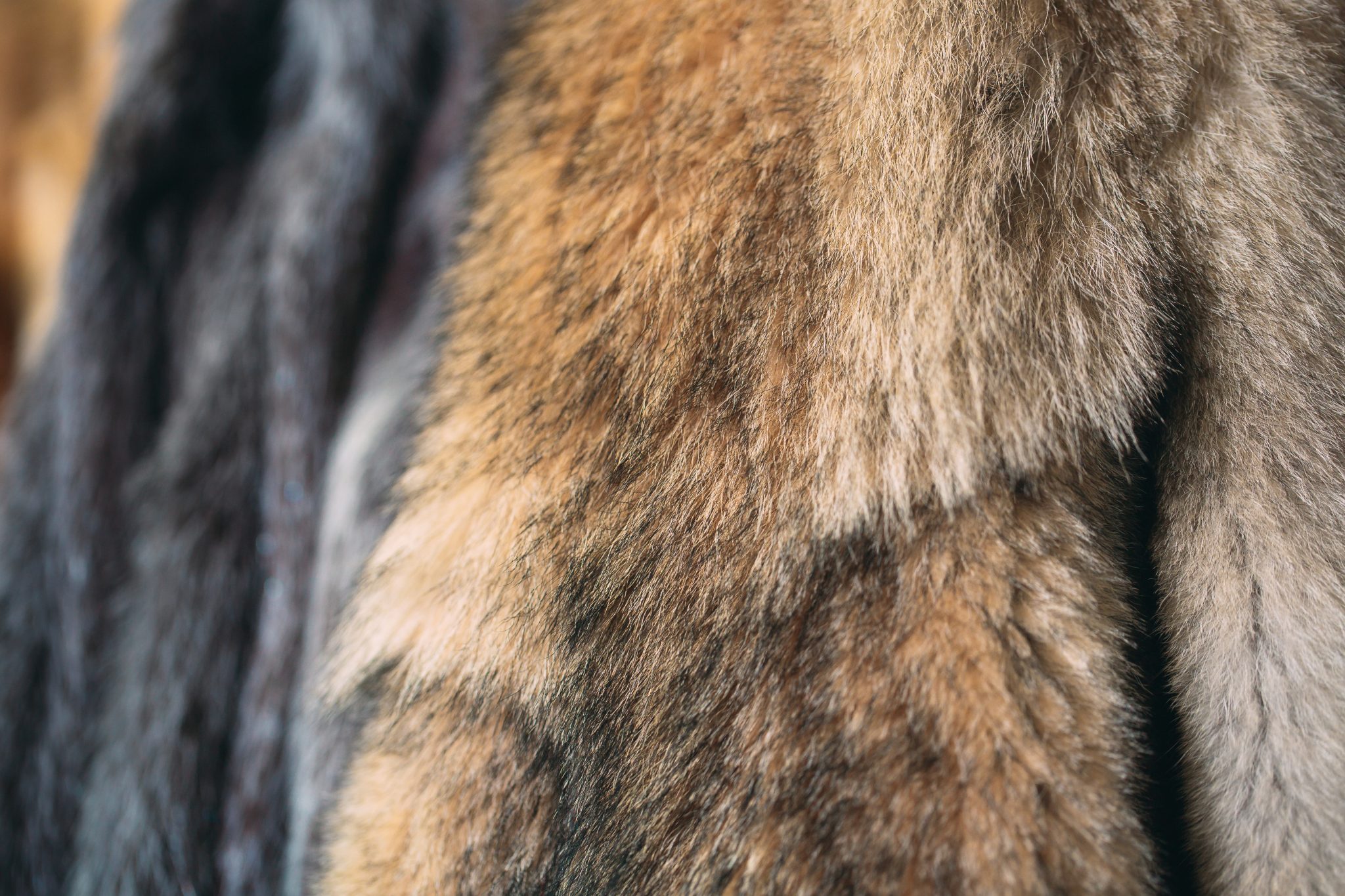Wildlife vs. Fur: Colorado’s Contentious Debate

Colorado campaigners are pulling at the seams of sanity by targeting fur sales in the name of protecting wildlife, even as previous animal rights measures have repeatedly been defeated at the polls.
At a Glance
- Three ballot measures by animal rights activists failed.
- Proposition 127, banning trophy hunting, defeated by over 267,000 votes.
- Ordinances 308 and 309, targeting fur products and slaughterhouses, failed.
- Opponents argue for science-based wildlife management.
Failed Measures and Persistent Activism
Animal rights activists in Colorado are revamping their efforts to ban commercial fur sales, targeting iconic species like swift foxes and beavers. Their strategy, however, doesn’t stray far from recent failed measures. Proposition 127, aimed at halting trophy hunting of mountain lions, bobcats, and lynxes, was rejected by voters by a staggering margin of more than 267,000 votes. Campaigners continue to push against boundaries, disregarding the fact that trophy hunting remains illegal in Colorado, and lynxes are federally protected.
Opponents of these zealous measures rightly point to the perils of “ballot box biology.” Instead of science-backed decisions, emotional persuasions lead the charge. The Associated Governments of Northwest Colorado articulately criticized the trend, pointing out how these emotionally driven decisions often result in unintended, environmentally harmful consequences—a lesson not unlearned from the 2020 wolf reintroduction measure that left many regretting knee-jerk decisions not grounded in expert-recommended policy.
Ordinances Targeting Local Industries
Two ordinances, 308 and 309, sought to introduce far-reaching prohibitions on fur products and slaughterhouses in Denver. Not surprisingly, these measures were soundly defeated. Ordinance 308, intent on banning the sale and manufacture of fur products, merely added confusion and risked collateral damage. Critics rightly pointed out its potential effect on innocuous products like fly-fishing lures and cowboy hats—integral to the state’s heritage and economy.
“The Associated Governments of Northwest Colorado defined “ballot box biology” as the “practice of using public votes to decide on wildlife management policies, rather than relying on the expertise of wildlife biologists and scientists. Colorado’s history shows that decisions made through emotional appeals, rather than scientific expertise, often lead to unintended and harmful consequences.”” – The Associated Governments of Northwest Colorado
Ordinance 309 aimed to ban slaughterhouses, specifically targeting employee-owned Superior Farms, a significant processor of U.S. lambs. Labor unions and concerned organizations underscored its potential economic repercussions. Colorado State University’s Jennifer Martin projected an $861 million economic activity reduction and the unfortunate loss of 2,787 jobs if Superior Farms were forced out. Such rash measures threaten more than wildlife—they jeopardize livelihoods.
Advocating for Science-Based Wildlife Management
The Colorado Wildlife Employees Protective Association reinforced the necessity of science-based wildlife management. In a resolution, the board emphasized that logical and well-informed decisions rest upon scientific expertise, not on impulsively pushing through sweeping changes via ballot measures. Wildlife management, the board reiterated, is best served by professionals employed for such purposes in Colorado.
“The board of the Colorado Wildlife Employees Protective Association, which represents 230 current and former Colorado Parks and Wildlife employees, passed a resolution last month that said it is “self-evident that all wildlife in Colorado is best protected, enhanced, and managed via the science-based wildlife management professionals employed by the State of Colorado for such purposes.”” – The board of the Colorado Wildlife Employees Protective Association
This latest push for banning fur sales threatens the boundaries of common sense. With failed measures littering their path, campaigners would do well to heed the lessons of the past: emotional appeals rarely equate to sustainable and realistic policy. Colorado’s wildlife deserves better than to be symbolic pawns on election ballots.
